For the past few weeks, the whole world has been concerned about the potential nuclear war between India and Pakistan after the countries downed each other’s aircrafts. While the world community waits to see what happens next, Pakistan has given them the first positive sign: Pakistani Prime Minister Imran Khan announced his intention to ask Turkey to act as a mediator. Will Ankara agree to the proposal? If so, what results might we expect? Mehmet Akif Okur, a professor at Yıldız Üniversitesi, offered his thoughts on the issue in conversation with uwidata.com.
The most recent flare-up of the crisis began when India blamed Pakistan for supporting the terrorist group that set off a car bomb killing 44 soldiers earlier in the year. Pakistan rejected the accusations, saying they had no connection to the pro-Pakistani separatists. Sometime after that, Indian jets entered Pakistani airspace to attack the terrorist groups alleged training camps, Pakistan sent planes to intercept in return and India dropped bombs onto their territory… although what actual damage the bombs did is still disputed. India followed up by downing a Pakistani plane it said had attacked military targets.
As the threat of nuclear war looms, countries of the EU and Turkey are calling on both sides to show restraint, common sense and de-escalate the conflict.
Turkish Foreign Minister Mevlüt Cavusoglu made a statement in which he stressed: “Regarding tensions between the two countries, we really have concerns about this situation, and we want to urge the parties to sanity and restraint.” The head of the Turkish Foreign Ministry pointed out the need for “rejecting steps that could lead to further escalation of tension.”
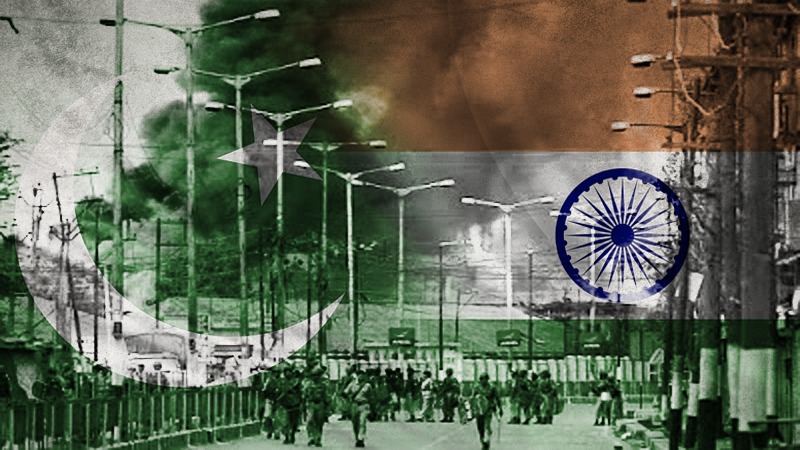
Noting how the disputed Kashmir region was at the source of the problem, Cavusoglu stressed that a resolution has been necessary for decades, as it has regularly destabilized bilateral relations.
Pakistan’s Prime Minister makes an Offer to Erdogan
Pakistani Prime Minister Imran Khan announced his intention to speak with Turkish President Recep Tayyip Erdogan in order to ask him for assistance in reducing tensions with India. “We will contact our friends and ask them to assist in reducing tensions. To this end, I will call the Turkish president,” said Khan. The Prime Minister also announced his intention to release the Indian pilot captured from the downed aircraft as a gesture of goodwill and a demonstration of his country’s peaceful intentions. India rejected the claim that the prisoners release showed good will, being as releasing prisoners is a mandatory action under the Geneva convention.
Russia and the USA both ready to act as mediators
Russian Foreign Minister Sergei Lavrov said that Moscow is ready to mediate between India and Pakistan. In turn, US Secretary of State Mike Pompeo also stressed that Washington could play a role in reducing tensions.
Statement by the Prime Minister of India
Indian Prime Minister Narendra Modi, addressing members of the Indian People’s Party via videoconference, gave his assessment of the situation.
“Enemies are trying to destabilize us through terrorist attacks. They want to stop our progress. But we will firmly confront their plans.”
Referring to criticism by the Indian government’s opposition party, which accuses the authorities of a lack of decisiveness, Modi noted that the army had resisted the enemies blows and fulfilled its duty. “We should not give our enemies the opportunity to blame us. India will live and fight in unity, ” he explained.
What role could Turkey play?
Professor Okur discussed whether Ankara would agree to the Pakistanis proposal.
“Mediation is an official procedure in international relations, carried out with the consent of both parties. In order for a certain country to play the role of mediator, the approval of both parties is required. Without the approval of the opposite side, this will be only an oral, that is, unofficial, initiative. It is necessary that both parties confirm their consent to the specific country’s role as mediator. ”
“Turkey and Pakistan have close friendships”
“It is well known that Turkey and Pakistan have long close friendly relations. This being said, in international relations issues, there are a number of generally accepted conditions and rules, one being that an intermediary should be a country that is capable of effectively contacting and working with both parties to a conflict on an equal basis.
While Turkey has good relations with Pakistan, its relationship with India is not quiet as close. In this state of affairs, Turkey should make a diplomatic initiative, engaging other countries in negotiations that could have a strong impact on India.
“It is not possible to achieve results alone”
“As Turkey does not maintain as close a relationship with India as it does with Pakistan, the negotiations will be more fruitful if a country with influence on India joins the process.”
The two countries have fought wars before, at which point the heads of EU countries acted as mediators. However, given the current balance of forces, China seems like a good candidate to represent Pakistan, and Russia’s arms trade with India make Moscow a good option for the other side. Without outside forces, Turkey will be unable to achieve a diplomatic solution.
“If Turkey accepts the mediation proposal, it will be necessary to involve at least one other country in the diplomatic process to established dialogue with India.
At present, we are seeing countries make singular and abstract appeals for the preservation of sanity and restraint… but this is not enough. The mediation process required to foster compromise between countries that have been rivals since the World War 2 will be extremely difficult to manage, and will also be an incredible responsibility. The mediators have to achieve their tasks in a tense situation, keeping the conflicting parties at the negotiating table and creating conditions to help them find a compromise. The depth of the Kashmir crisis and its potentially world-ended consequences require Turkey to seek other allies to aid in the mediation process.


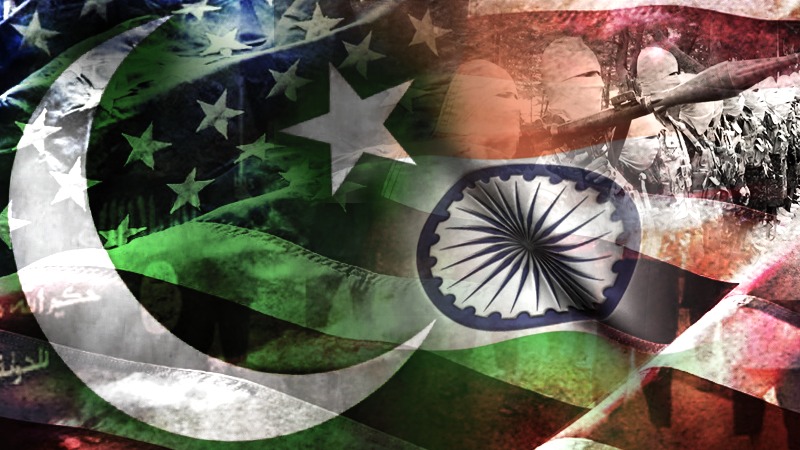

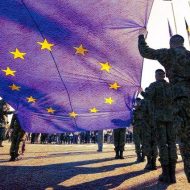
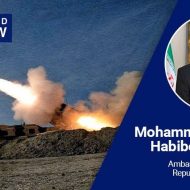
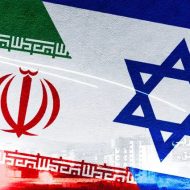
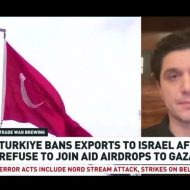
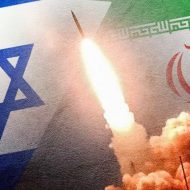
Leave a Reply